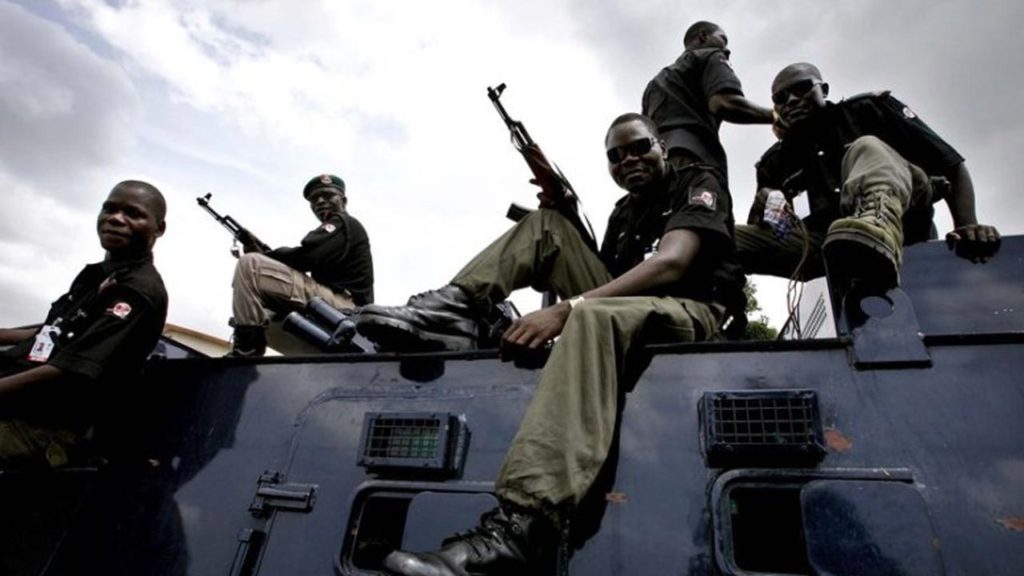 METAPHYSICS aside, there are also pragmatic and urgent reasons to prepare our youths to catapult this nation to agricultural super-stardom. In the first instance, the core character-forming values which are the bed rock of nation-building can be learned and embraced through agriculture, values and behaviours which include hard work, discipline, good judgment, investment of time and resources, responsibility, commitment, tenacity and work-based rewards, to mention a few.
METAPHYSICS aside, there are also pragmatic and urgent reasons to prepare our youths to catapult this nation to agricultural super-stardom. In the first instance, the core character-forming values which are the bed rock of nation-building can be learned and embraced through agriculture, values and behaviours which include hard work, discipline, good judgment, investment of time and resources, responsibility, commitment, tenacity and work-based rewards, to mention a few.
Once assimilated, these life skills, which are lacking in our youths, are readily transferable and adaptable to other spheres of human endeavour. Secondly, there is a growing consensus among International experts in the energy sector that we are past the peak of world oil production and are now contending with depleting oil fields.
The International Energy Agency in Paris, France officially stated that there is an annual 6.7% decline rate of mature oil fields, which will increase to 8.6% by 2030. Their world energy outlook report further stated the following, “….It is within the power of all governments, of producing and consuming countries alike, acting alone or together, to steer the world towards a cleaner, cleverer and more competitive energy system. Time is running out and the time to act is now.”
The death knell of our oil Industry has been sounded. Let us take heed! Finally, the unpredictable dips in global oil prices have a direct knock on effect in our struggling, unstable economy.
According to Professor Frank Wolack, an Industry observer and Holbrook Professor of Commodity Price Studies in the Department of Economics at Stanford University, USA; global oil prices may stay low for the next 10 or 20 years. Even if these gloomy and sobering predictions are not 100% accurate, why do we not prepare for the worst and hope for the best? Desperate times call for desperate measures and no one will deny that we are living in such times.
It is not too late to salvage the nation by inter alia, investing in our youths, who are our most vulnerable citizens, but who at the same time represent the repository of potential and promise, capable of turning Nigeria into a “nirvana.” To harness their awesome potential, we need to think and act outside the box, to immediately lay hold of bold measures and walk in uncharted territory.
Our situation as a nation is so unique, as we have been teetering on the verge of implosion for several decades and the causative factors are not only deeply embedded in our national life, but also in our everyday lives.
These daunting challenges cannot be addressed by resorting to conventional wisdom and/ or by for instance, increasing the share of money allocated to education in our national budget, which in and of itself is an essential and timely measure. In our 2014 national budget, education and defence received the highest allocations, with education receiving N 424.3 billion. However, there has been no discernible impact or improvement in public educational facilities, amenities or services. The unfortunate implication is glaringly clear.
Therefore, one may ask, even if our public educational system could boast of state of the art facilities and were capable of delivering a world class education, what good would it be given the status quo, with the country steeped and mired in regression? The truth is that without wide sweeping, innovative, bold and effective policies and programmes, the incoming administration, would just be throwing “good money after bad.”
In the words of Bill Gates, arguably one of the most iconic inventors, entrepreneurs and philanthropists of the 21st century, “It is fine to celebrate success, but it is more important to heed the lessons of failure.” I make bold to call for a total cultural “Revolution!” which would be driven by agriculture.
Most great nations were built on the back of stupendous agricultural feats and accomplishments. I am proposing an Initiative involving our youths, called the “Grow Nigeria, Love Nigeria“(GNLN) movement.
This would be programmed after the “Kibbutz style model,” which was a movement that played a central role in building and developing the state of Israel and contributed to its transformation from an arid, inhospitable desert land to the fertile agricultural oasis that it is today. “Kibbutz” means group in Hebrew. It is a unique programme that was based on agriculture and voluntarism, where people live and work together.
The first kibbutzim (plural of Kibbutz) were organized by idealist young Zionists as far back as 1909. Through a combination of hard work, discipline and advanced farming methods, they achieved outstanding results, accounting for a large percentage of Israel’s agricultural output to date. Presently, there are 270 kibbutzim scattered all over Israel and their structure has evolved over time to meet changing societal needs and trends.
I recommend that a national study of the Kibbutz model be immediately commissioned with all seriousness and urgency, backed with unwavering conviction, resolve and political will.
In the absence of a better alternative to our chronic and deadly crises of values, which have denied our youths their birthright and a meaningful future, I propose that a model, GNLN centre, be instituted in every state of Nigeria for young men and women between the ages of 17 and 23 years.
It would be a joint venture between the government and private sector, with Israel as technical advisers. Israel, through MASHAV, the Israeli Agency for International Development and Cooperation, has assisted agricultural development in the following African countries: Uganda, Senegal, Kenya, South Africa, Benin and Niger.
Other nations to have benefitted from their expertise are China and Vietnam. The details can be hammered out in due course. However, the private sector, would operate and run the centres according to market driven parameters, which would obviate bureaucracy, waste and inefficiency and ensure that the centres are of international standards, result-oriented, profitable, and self- sufficient in a determined time frame.
Eligibility would require certain minimum requirements to start with until the programme can grow to include marginalized youths. The Kibbutzim would be located on the periphery of agricultural fields and infrastructure would include dormitory-style accommodation, a cafeteria, sick bay and multi-purpose centre.
Youths, who would be known as “members,” would have a work day of 7-8 hours and in the evening would be trained in a few essential disciplines such as mathematics, agricultural science, business studies as well as spoken and written English and most importantly, classes in what I would term “patriotism,” which would include topics such as human dignity, cooperation and equality. There would also be opportunities for cultural activities and creative expression.
Each member would receive a stipend as accommodation, feeding and basic health care would be free. The centres would be appropriately staffed and rules and regulations would be in place. On the completion of a certain time frame, yet to be determined, members would graduate and be presented with a certificate.
They would have learned the value and importance of work and that everyone must do their share. To be continued tomorrow. •Ms Fowler is a lawyer.










